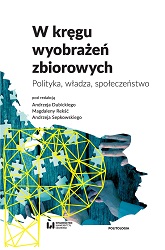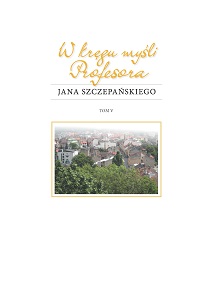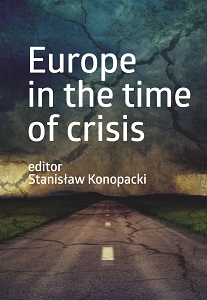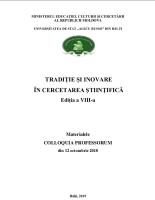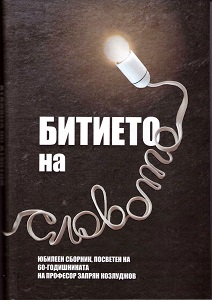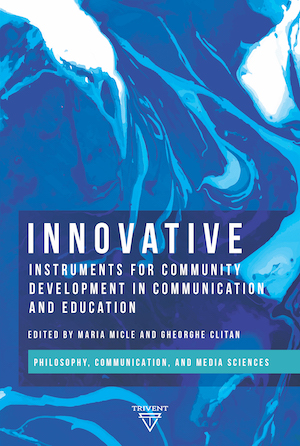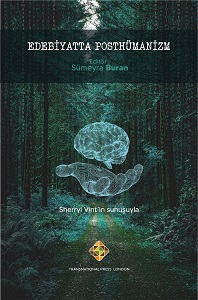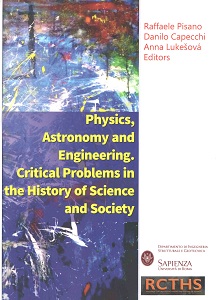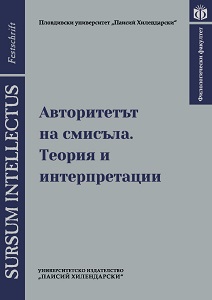
The Myth of Er and the Roots of Literary Polyphony
This paper seeks to explain why literary polyphony is not only a formal analogy, as Bakhtin argues, but also a significant offshoot of Western learning. In the myth of Er, the spindle of Necessity (Ananke) represents the universe: when in motion, celestial bodies make music (musica universalis), which is by its very nature polyphonic. Hence, attention is drawn to this concept and its presence into the integrated liberal arts curriculum: from Pythagoras and Plato to Robert Fludd and Kircher. The conclusion is that Dostoevsky’s literary polyphony is not a complete novelty and that his contribution is one of degree rather than kind.
More...
